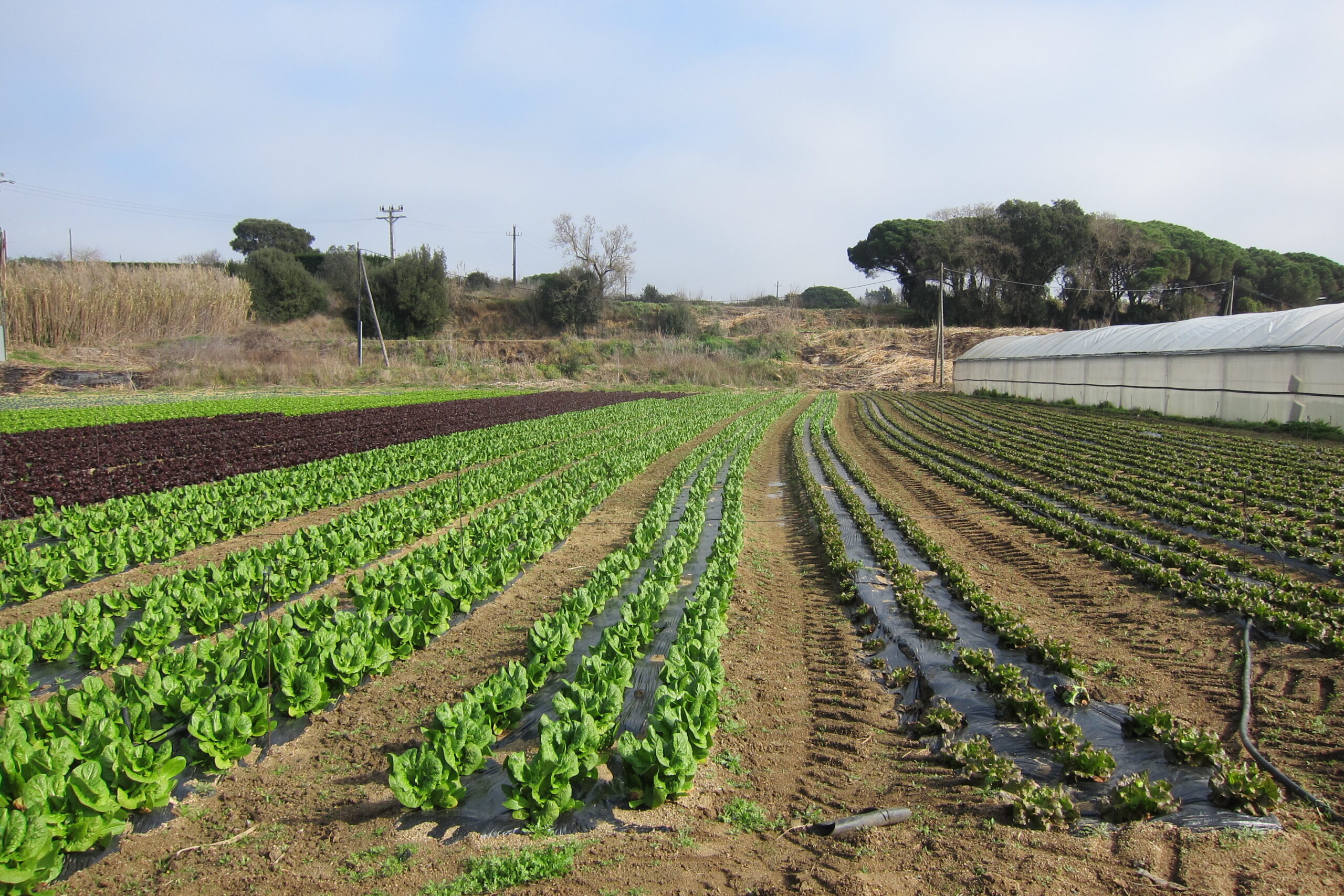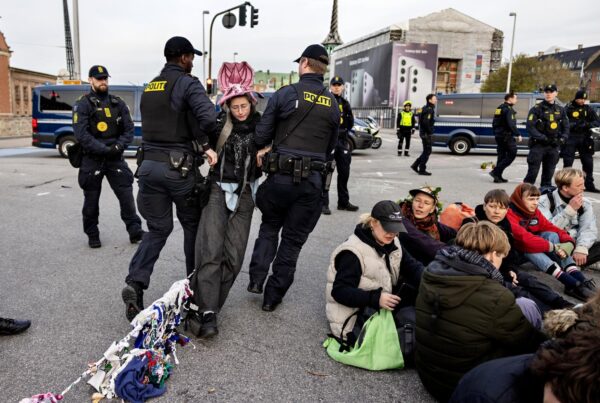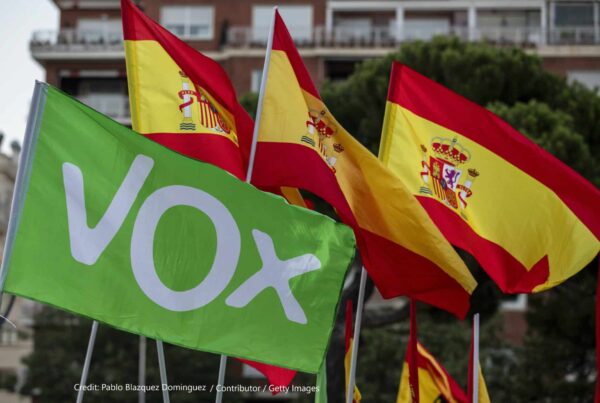By Lucia Arguelles
When the European agricultural system is faltering, the first major measure taken by the European Commission was to retract its intention to reduce the use of pesticides, that is, to go back to the same industrialized, productivist and exploitative agriculture that has killed and is killing agriculture and farmers.
Social science researcher Birgit Müller talks about the love affair between farmers and glyphosate. Müller argues that the love for pesticides manifests, for example, in the love for homogeneous and “clean” fields, an imperative of productivist agriculture. There is no doubt that there is love, but the relationship between farmers and pesticides can also be explained as a true story of destruction, a toxic relationship.
Evidence that pesticides harm human health and the environment abound (the lack of scientific consensus is inherent to the nature of these chemicals and to the practices of the companies that produce them, as Vincanne Adams argues in the book Glyphosate and the Swirl). In any case, it seems logical that dumping millions of tons of chemicals designed to kill, on fields where we produce food, cannot go right. Pesticides, moreover, harm farmers, in more ways. They are the basis of modern industrialized, productivist and exploitative agriculture that is killing agriculture , as the model makes it impossible for farmers to survive in dignified conditions (see for example this article by McMichael).
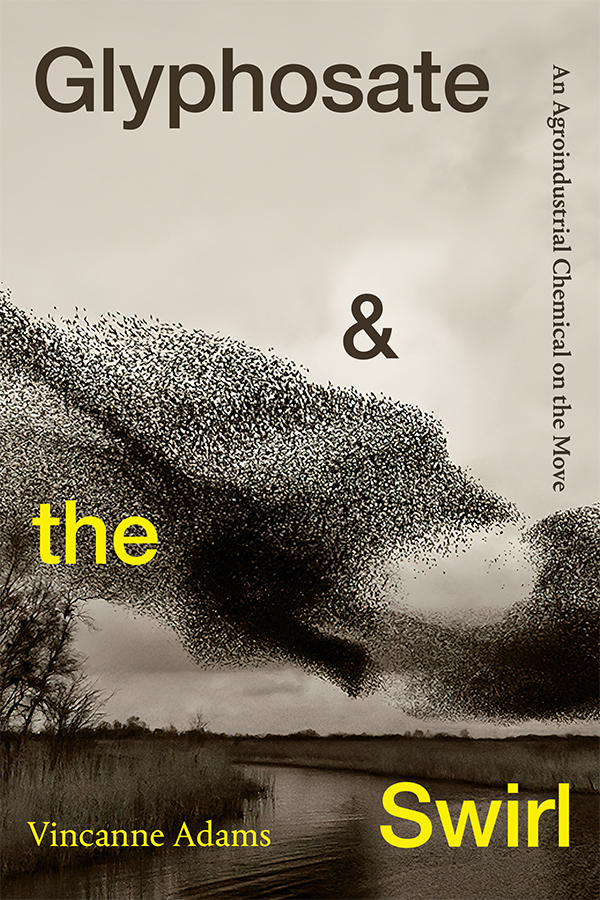
The focus has been put these days on the fact that pesticides, used in other countries with more lax environmental regulation, are choking producers (also, most probably and literally, the farmworkers in those countries as well). Despite big claims over pesticides’ efficiency and productivity, productivist agriculture and market logics generate overproduction of many foods with consequent price declines, in a context where farmers have little or no control over the prices of the food they produce.
Not so much is said about the fact that, for many years, pesticides have killed pollinators, damaged soils, contaminated the water we drink and with which we irrigate, created resistance in pests and adventitious plants, and “accidentally” spoiled crops. Pesticides, whose global production centers are in India, China or Malaysia, have tied us to a production model and to the large multinational agribusinesses that do business with each piece of the agri-food system from lands and seeds to distribution. These chemical compounds, contrary to the popular imagination around productivist agriculture, have also made farming more difficult.
Biocides are expected to simplify agriculture, but they do so mainly by closing the debate on how we are going to produce food in a (socially-economically-environmentally) sustainable way in the future. Pesticides (and the agrochemical lobby that controls them) close off possibilities of imagining an agriculture governed radically differently from what we are now presented as the only possible way.
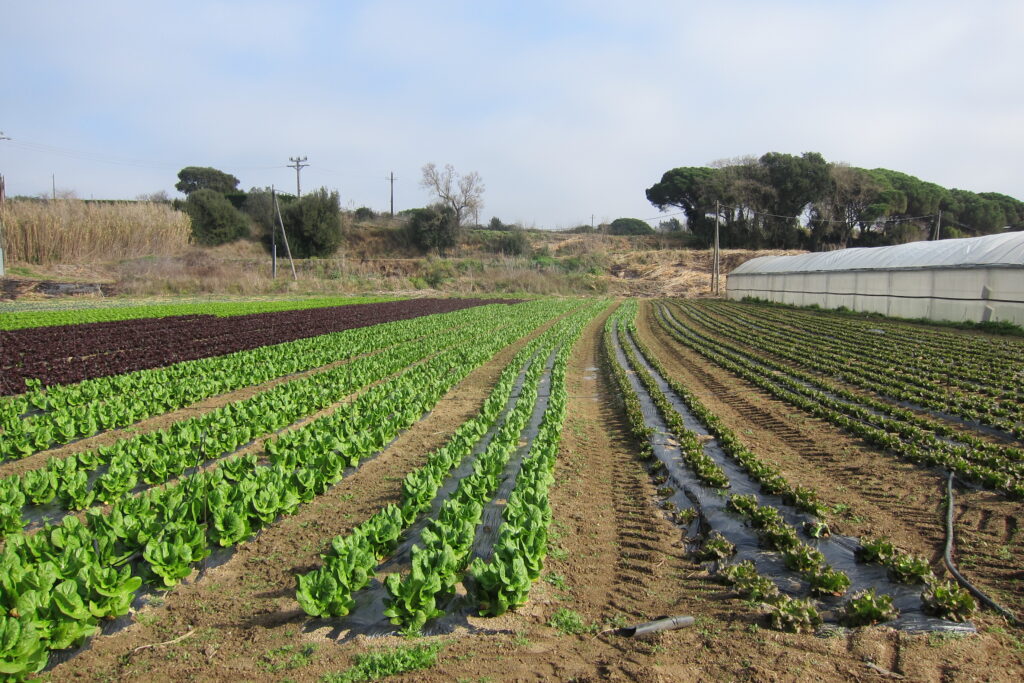
Agricultural farm in el Maresme. Photo by the author.
The agrochemical reduction target set by the European Green Deal in 2020 had opened a window to a different agriculture, although it is true that it was never well implemented (it is questionable whether it was really implemented). For such a reduction, it is not only active ingredients that must be banned. It is also necessary to work together with the technicians who advise farmers, a massive introduction of machinery that would reduce pesticide use, such as mechanical weeding implements, (minimizing bureaucratic procedures), practical training for its use and accompaniment, and initiatives for the exchange of experiences and knowledge. Reduction plans must be made from a local vision that takes into account the socio-economic and ecological realities of each region and type of crop.
There must be an informed debate on which technologies will replace pesticides, not easy slogans about the benefits of digitalization falling from the sky (from the sky of technology companies). Digitization/automation can help, yes, but its limitations should not be underestimated and should be recognized by users and even manufacturers when analyzing the real possibilities of the technology in improving specific tasks (beyond collecting data and helping farmers to make decisions). This digitization – including the digital field notebook promoted by certain member States to manage subsidies under the new CAP – does not favor small farmers, but rather large farmers and service companies for whom it is economically viable. Digitization will therefore not stop the recent protests of farmers that we are seeing around Europe.
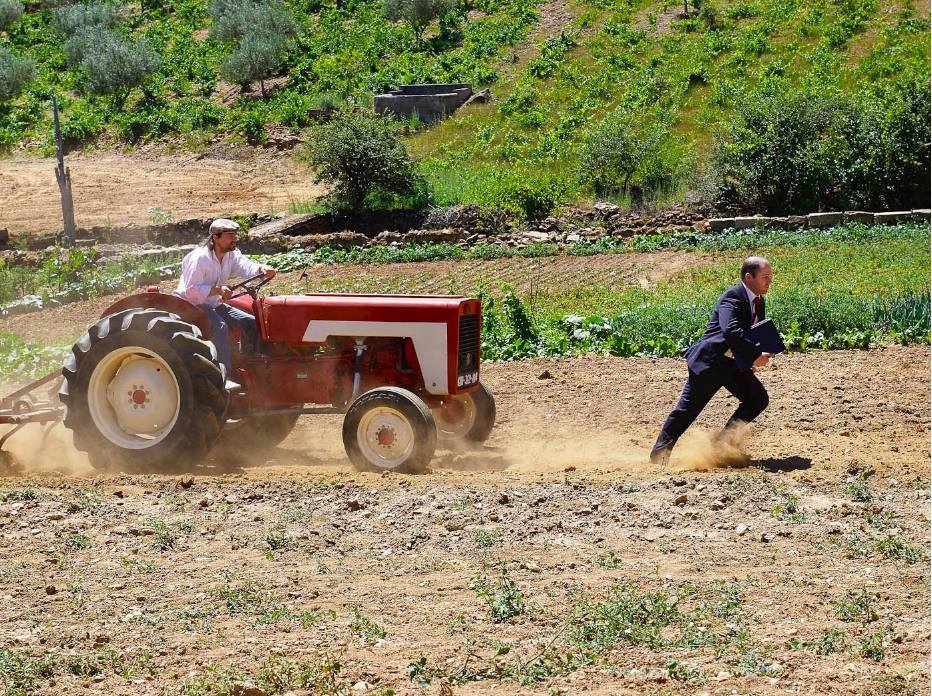
Source: https://www.facebook.com/photo/?fbid=990533804398343&set=a.270970146354716
And beyond that, the reduction of pesticide use cannot be dealt with in isolation within agricultural policy. It must be accompanied by improvements in farm income that in turn will make farms economically and emotionally viable. A rise in food prices is seen as unacceptable, but it would not be if the price of housing were to fall drastically in countries like Spain where it is unbearably expensive for a big part of the population. This would release disposable income for other type of expenses – valuing the work of farmers, workers, and land supporting food production.
The European Commission’s U-turn announced in February on curbing pesticide reduction targets shows that there will be no different farming in the EU for now. Pesticides, regulators of life and death, are again used to lengthen – artificially – the promise of the “modernizing” paradigm of agriculture, which has so far not cared about the death of the small and medium farmer.
—-
This article was originally published in Spanish in El Salto Diario: https://www.elsaltodiario.com/agrotoxicos/relaciones-toxicas
Lucía Argüelles is a researcher analyzing the political ecologies of the agri-food system. She is based at the Urban Transformations and Global Change Laboratory (TURBA) at the Universitat Oberta de Catalunya (UOC).


